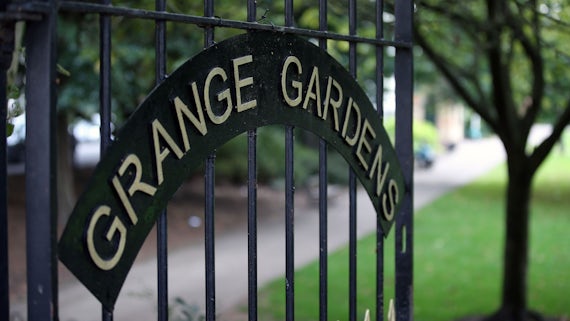David Wyatt

I left school at 16 years old with a handful of O-levels.
After a few years in dead-end office jobs, I decided to study A-level History at a local college. University really wasn’t on my radar at that time. No one from my family had ever been and I had no understanding of how higher education can change lives.
I gave up my job a few years later and went travelling around the world. I decided I needed a career change when I returned, so I applied for history and archaeology at Bangor University. The first year of my degree was a revelation; it was like exploring a new world – the past! From then on I knew that this was what I wanted to do.
In my second year I transferred to Cardiff University and gained a good degree result in 1997. An MA in Medieval British Studies followed and then a PhD researching medieval slavery, which later turned into a book.
In 2009 I took on my current role as both lecturer in early medieval history and co-ordinator of outreach and community engagement. It was a job I could only have dreamed of 25 years before.
I think my unusual career pathway shows that it’s never too late to make a change and get an education. It has certainly instilled a passion in me to make higher education more accessible to all.

Universities still have significant potential to work with, benefit and learn from their local communities.
I am proud to work with great colleagues and contribute to amazing projects. These include Exploring the Past, an open access pathway onto degrees for adult learners, which was inspired by my own experiences.
I also manage SHARE with Schools, a student-led outreach project that breaks down barriers to university in secondary schools in communities where uptake to higher education is extremely low.
I know from experience how higher education changes lives. In an ever changing landscape of research league tables and undergraduate fees we must never forget that universities have always had an important social mission. It is that mission that gets me out of bed in the morning.
We are committed to the communities of Cardiff, Wales and beyond, working with them to help those who do not traditionally engage with us.
